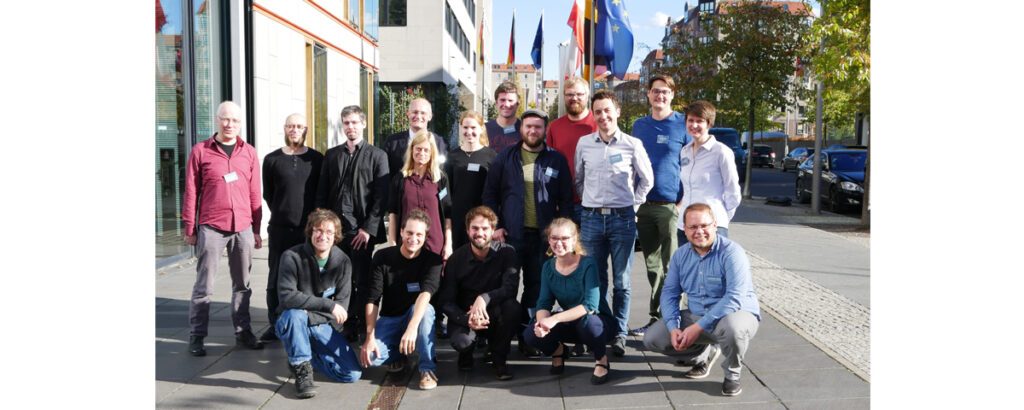Open_eGo project closure
31. Oktober 2018 – After three years, the open_eGo (Open Electricity Grid Optimization) project was successfully completed in October. Together with the project partners, RLI developed a planning tool for the expansion of power grids. The tool was presented to the approximately one hundred participants from science and industry at a closing workshop at the Schleswig-Holstein regional representation in Berlin.
The aim of the open_eGo project, which was funded by the Federal Ministry of Economics and Energy, was to use models to design cost-optimal solutions for the expansion and conversion of the power grid for the energy transition – across all voltage levels of the power grid. This is necessary, because the grids are owned by different operators who manage them differently, so that joint planning across all voltage levels was not possible previously. With the open tool from the open_eGo project, this is now set to change.
In this project, RLI modeled the medium and low-voltage grid topologies and created a comprehensive set of data for them. The tools were used to determine the best use of flexibility options in various future scenarios, the data models and tools are integrated into an overall optimization. First considerations predict a savings potential of investments in the network infrastructure of about 12 percent for a scenario based on the network development plan with the selected approach of level-spanning expansion planning.
Special about the results of the project is that all data and models are made available as Open Source and Open Data. This is necessary, because existing data information on which the power grid topology is based, is often not openly available. The data from the open_eGo project was compiled in a database, the OpenEnergy Platform, and makes the scenarios and models transparent and comprehensible. Actors can access it and jointly develop and improve models.
The results of the project are tools that enable everyone to independently check important infrastructure plans, such as the network development plan.
In addition to RLI, Europa Universität Flensburg, Hochschule Flensburg, Next Energy – EWE Research Centre for Energy Technology of the German Aerospace Center in Oldenburg, and Otto-von-Guericke-University Magdeburg were involved in the open_eGo project.
Please find further information on the project and the developed tools on the project website.
